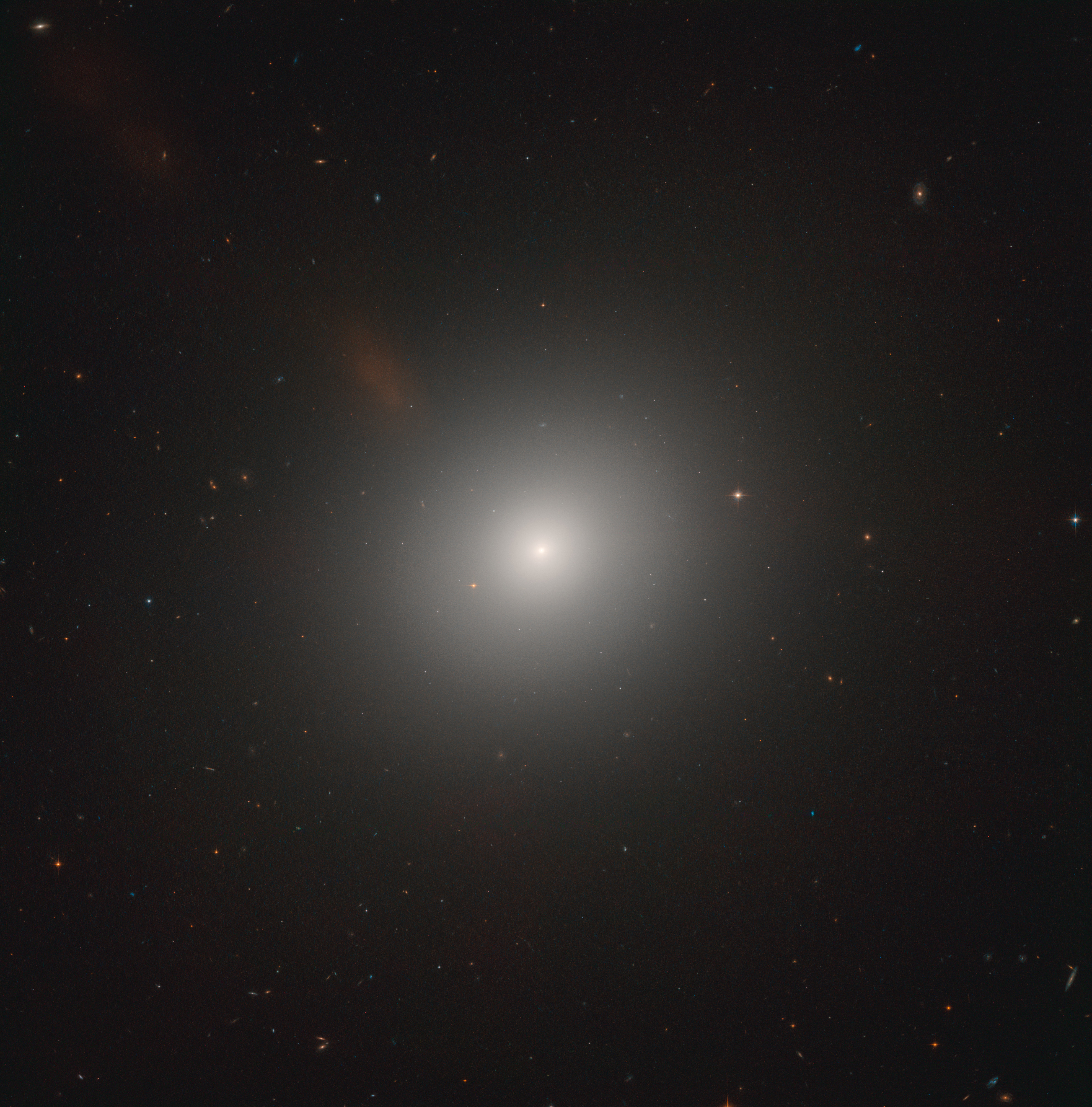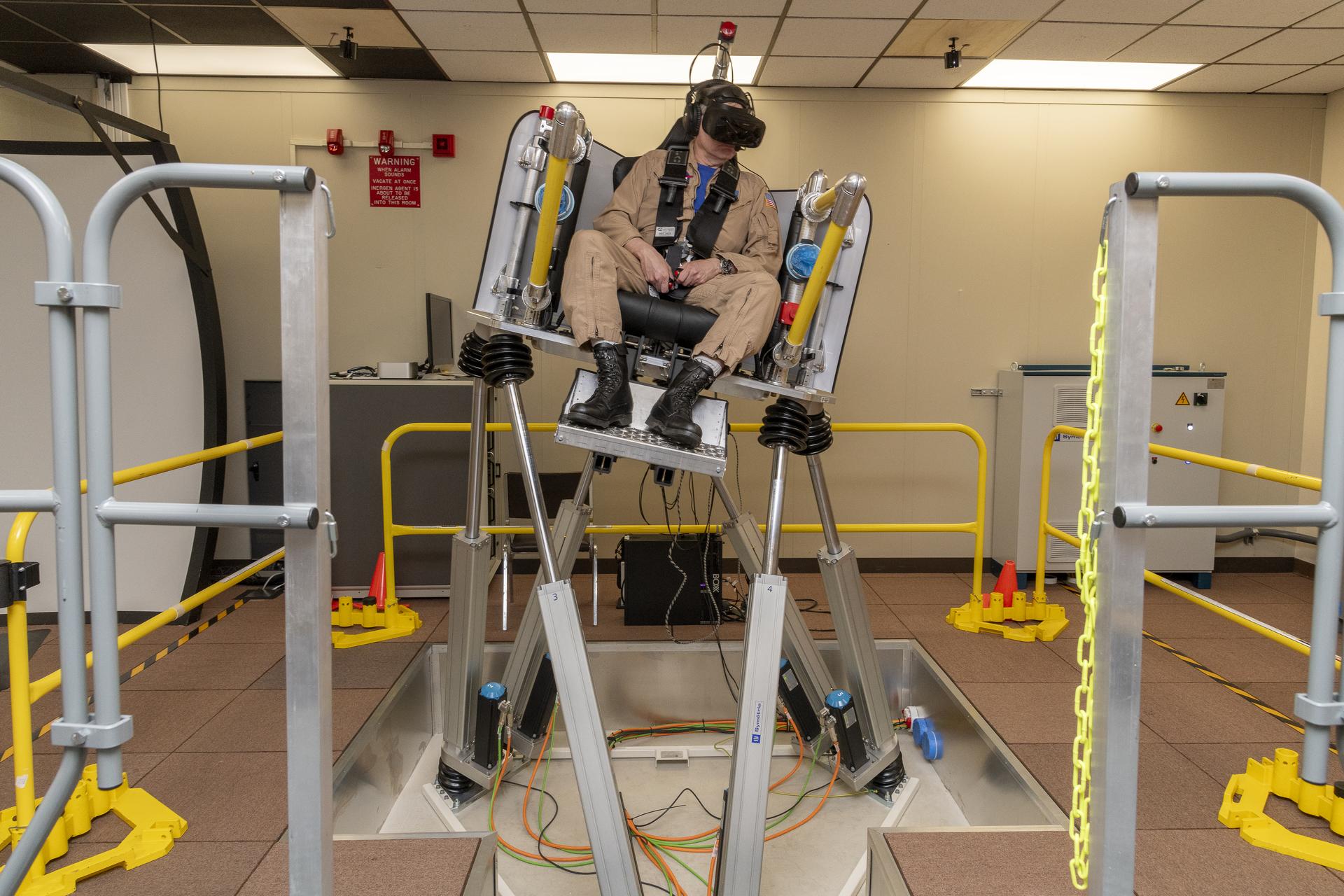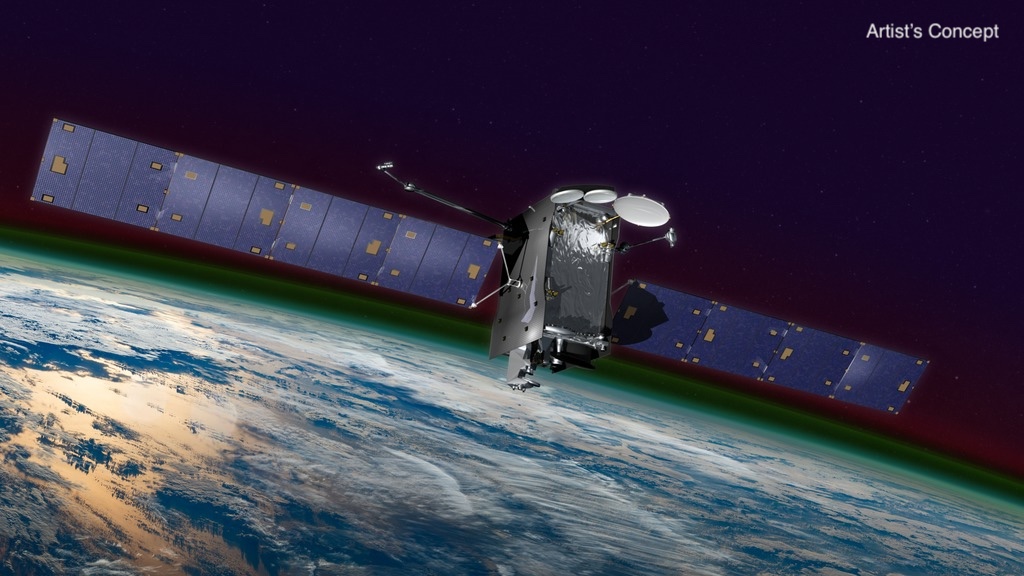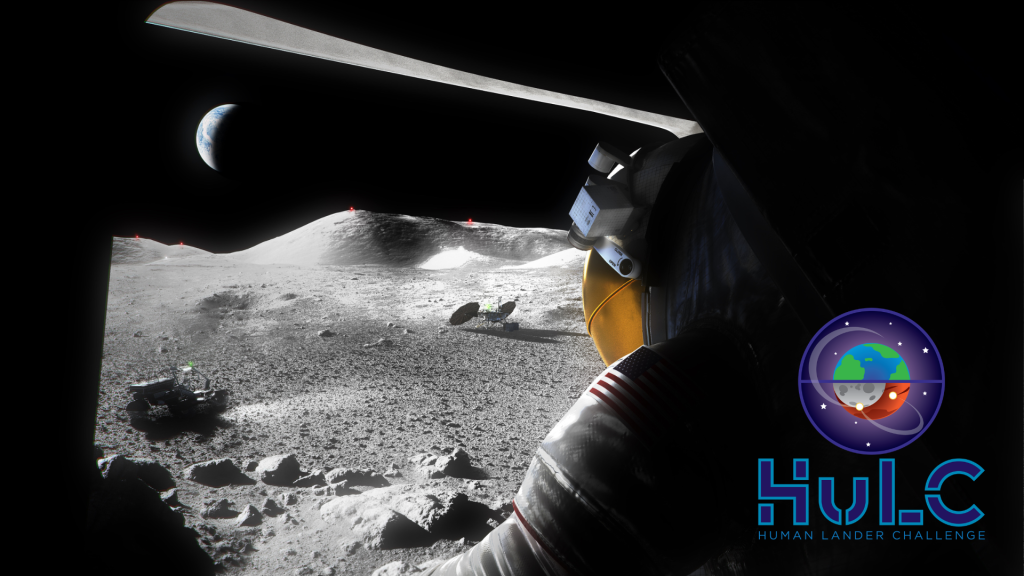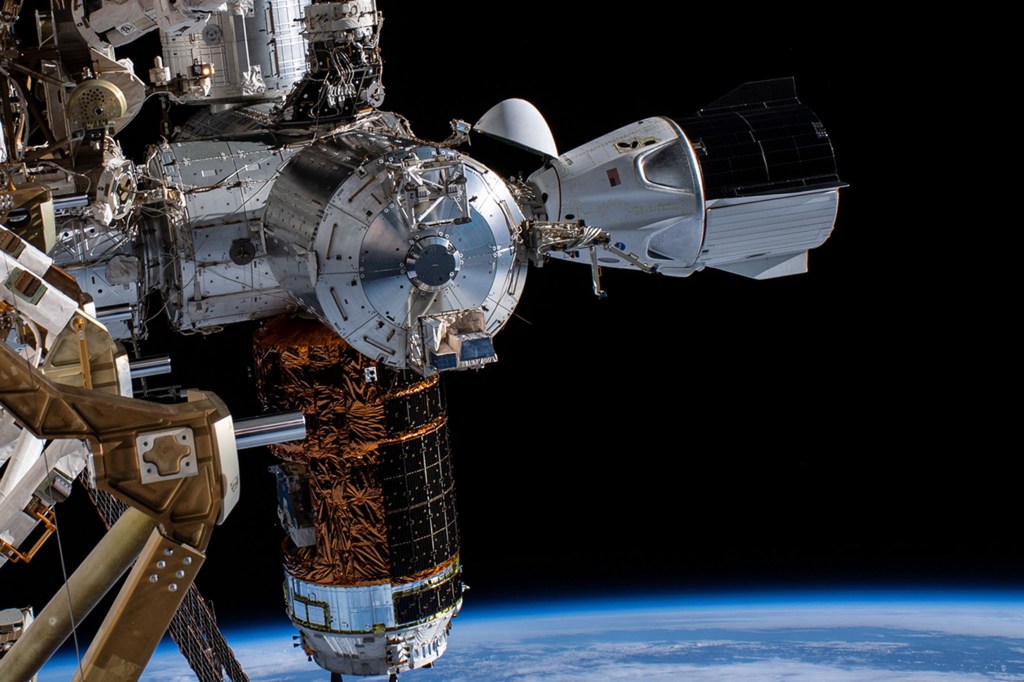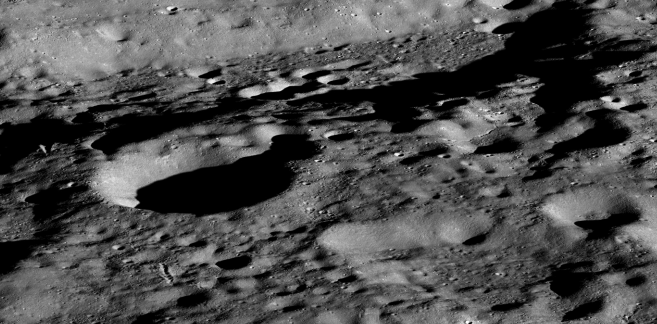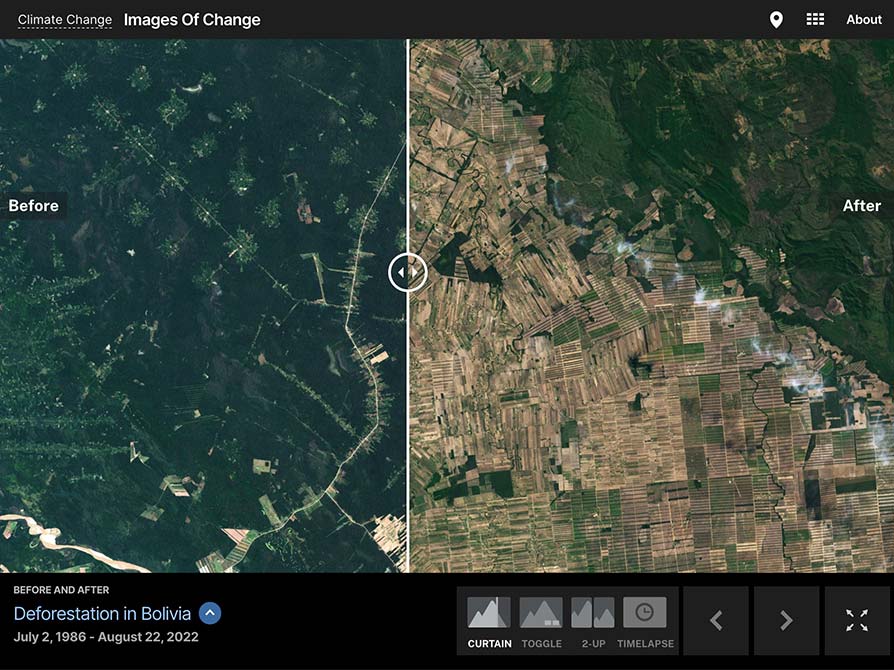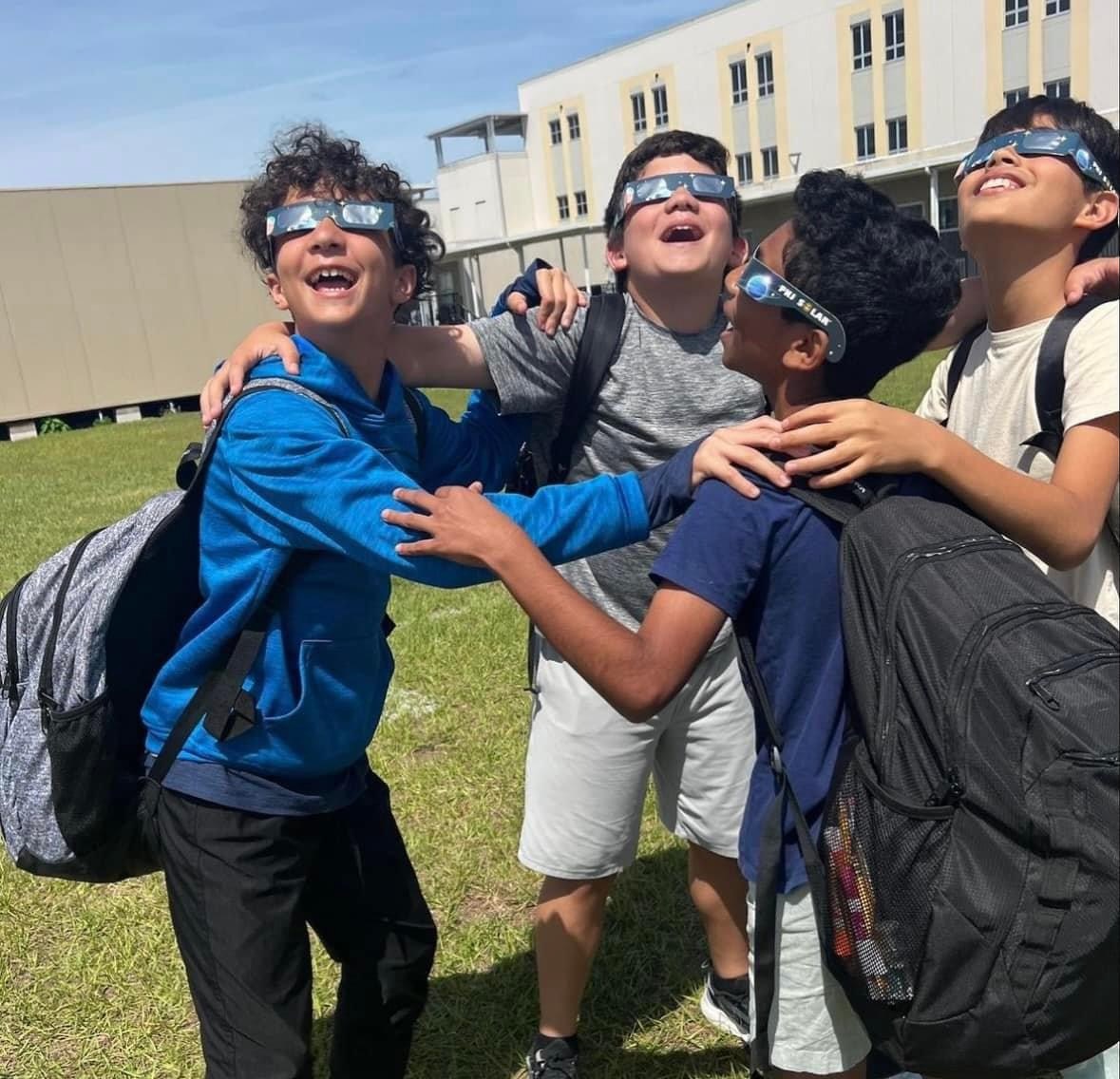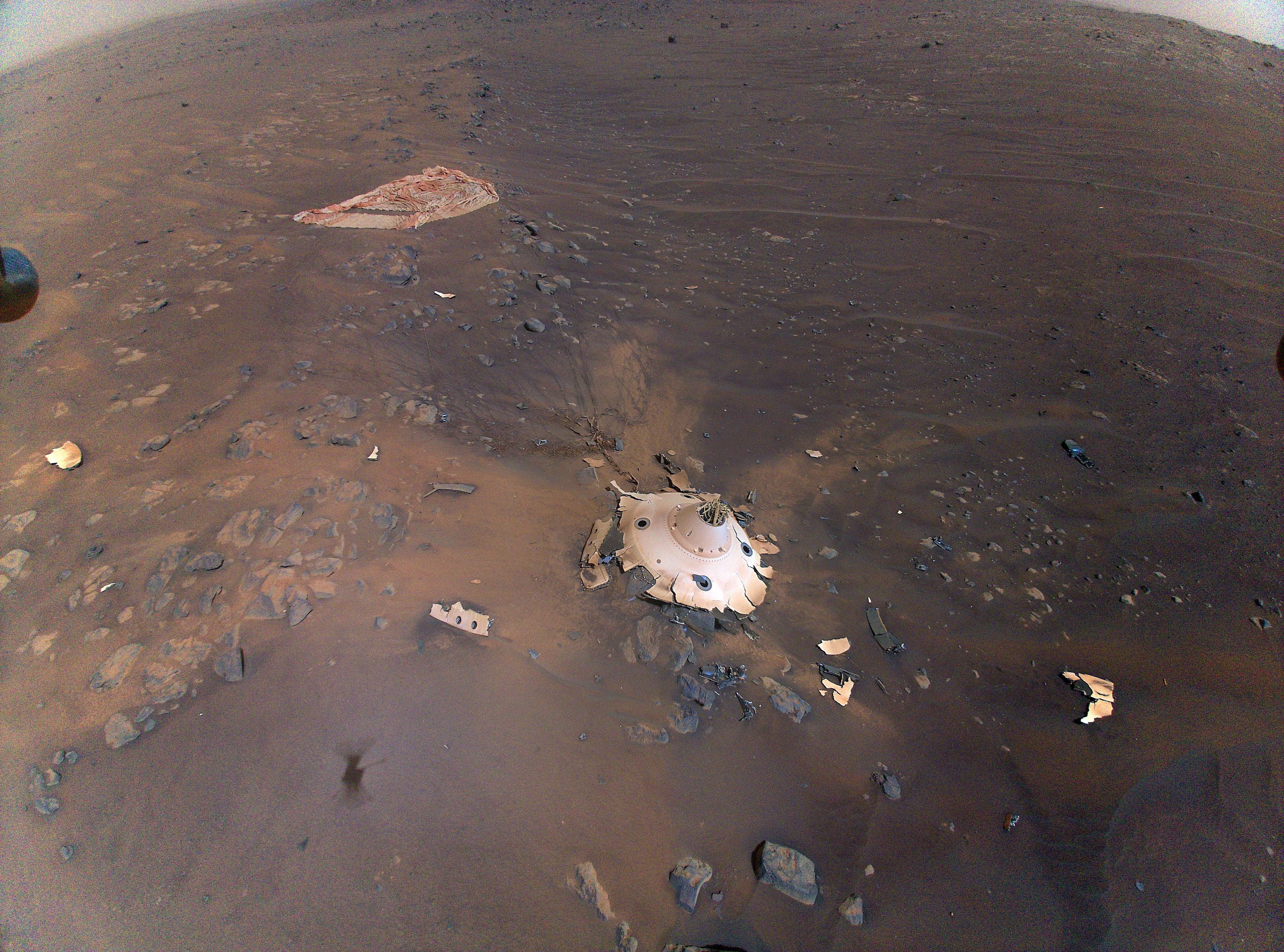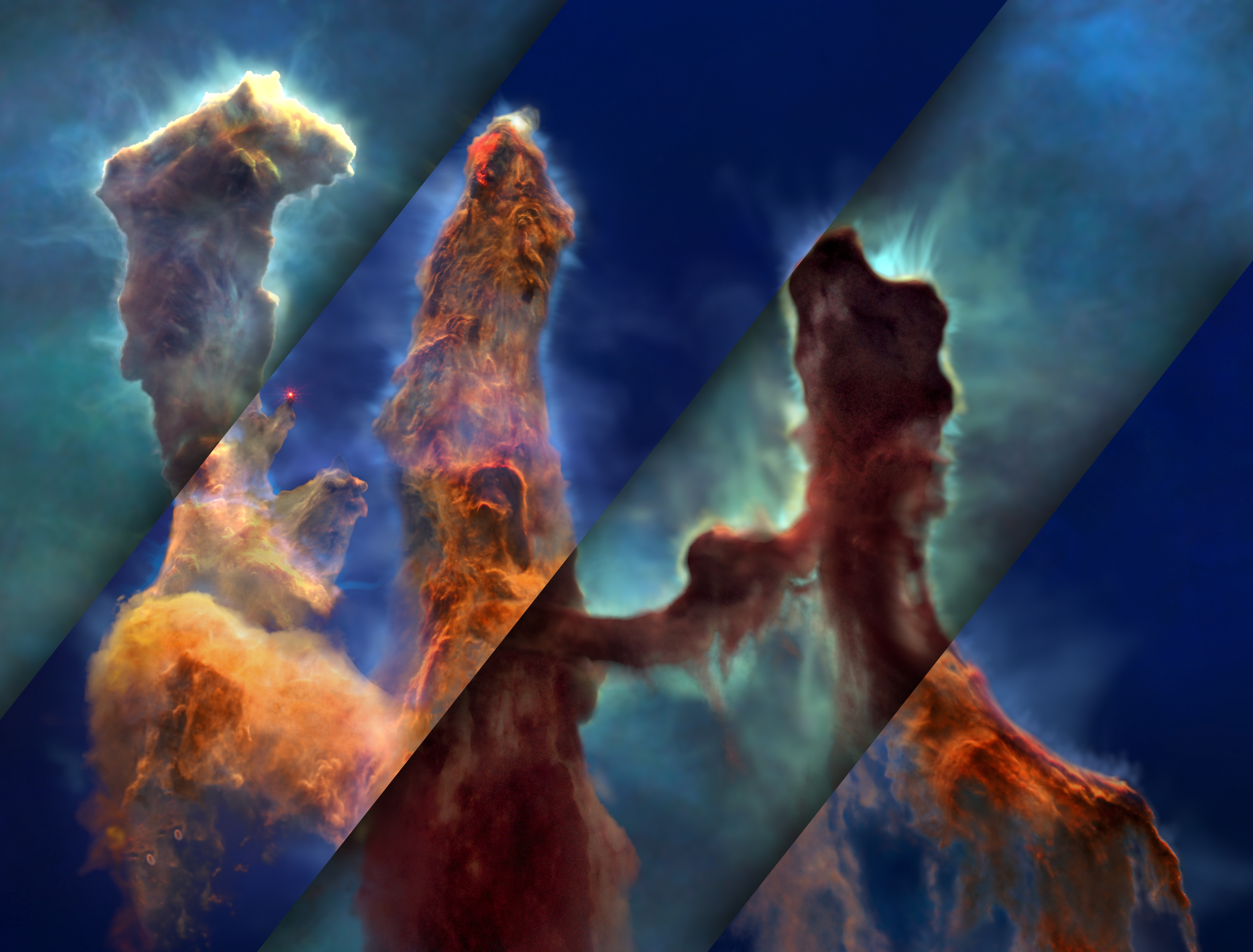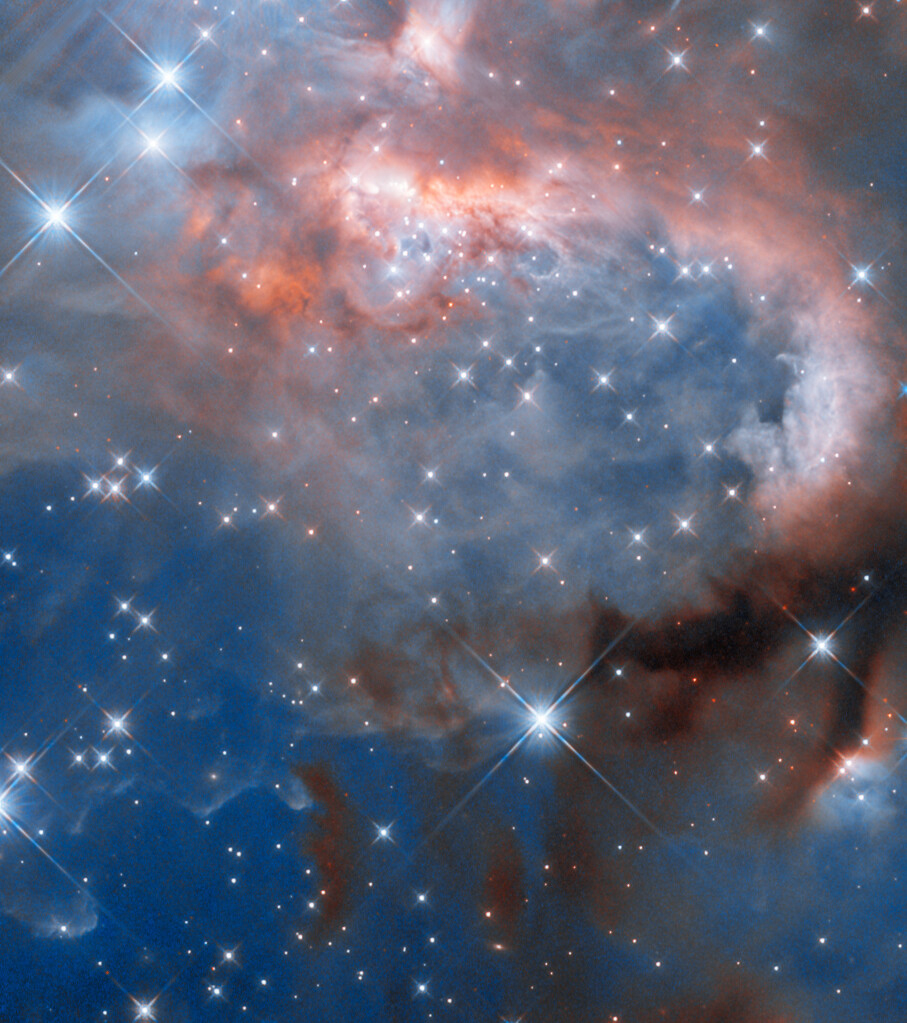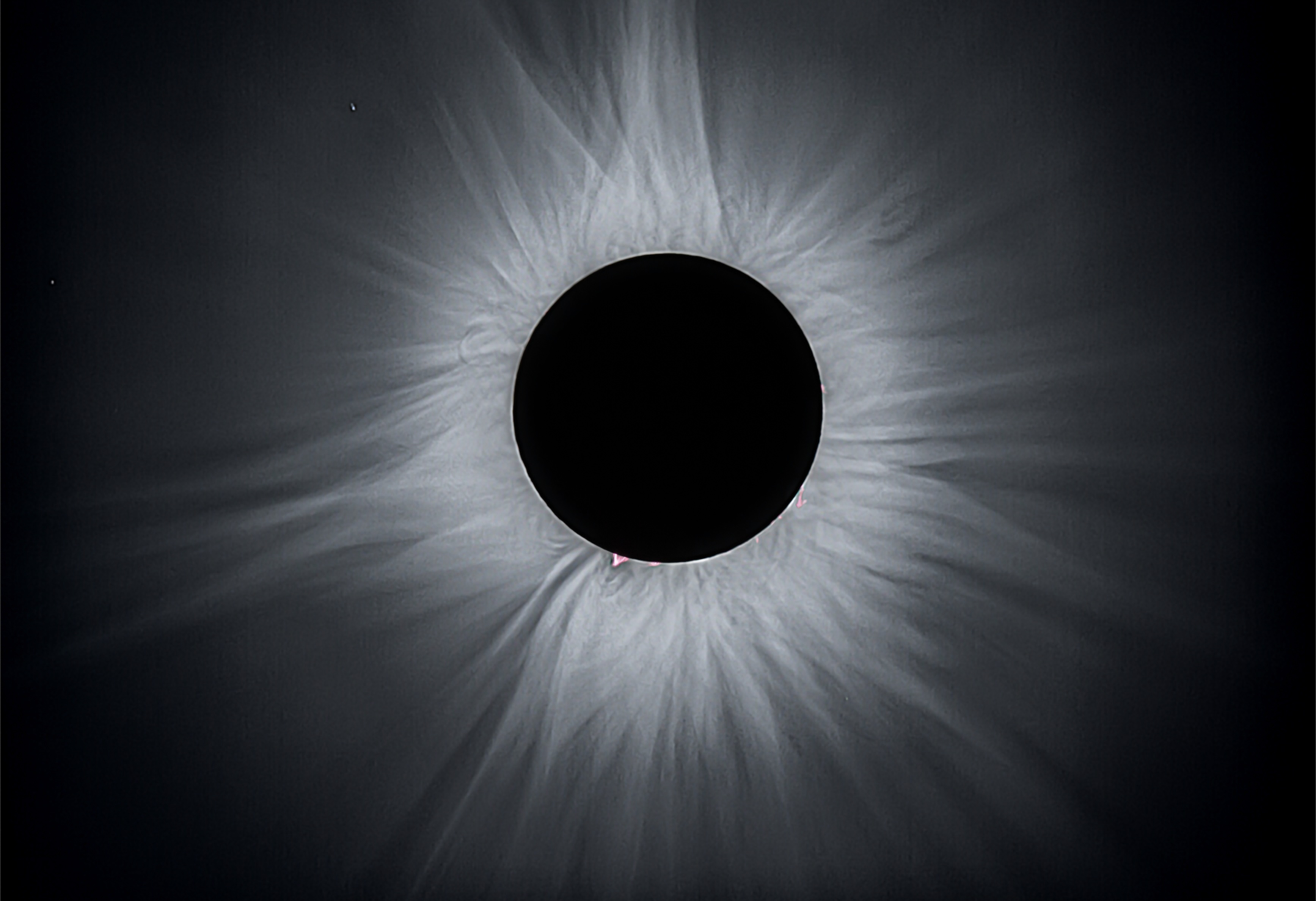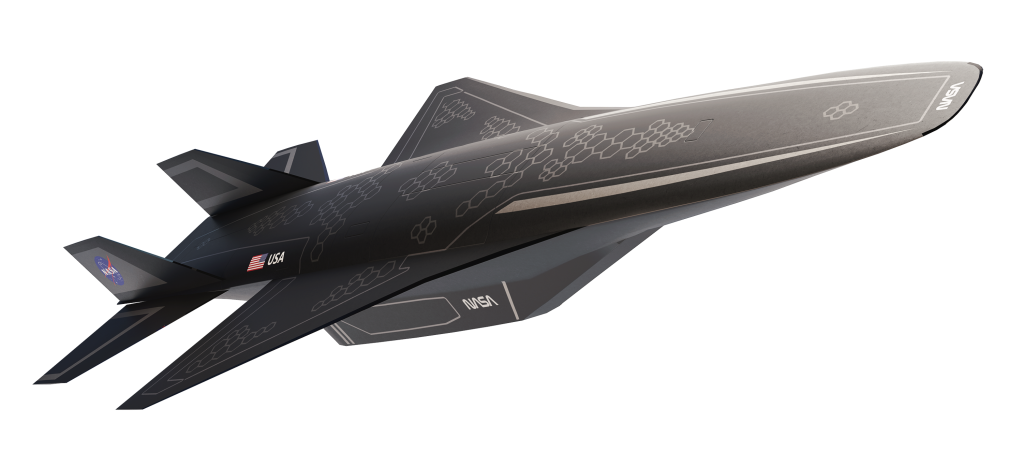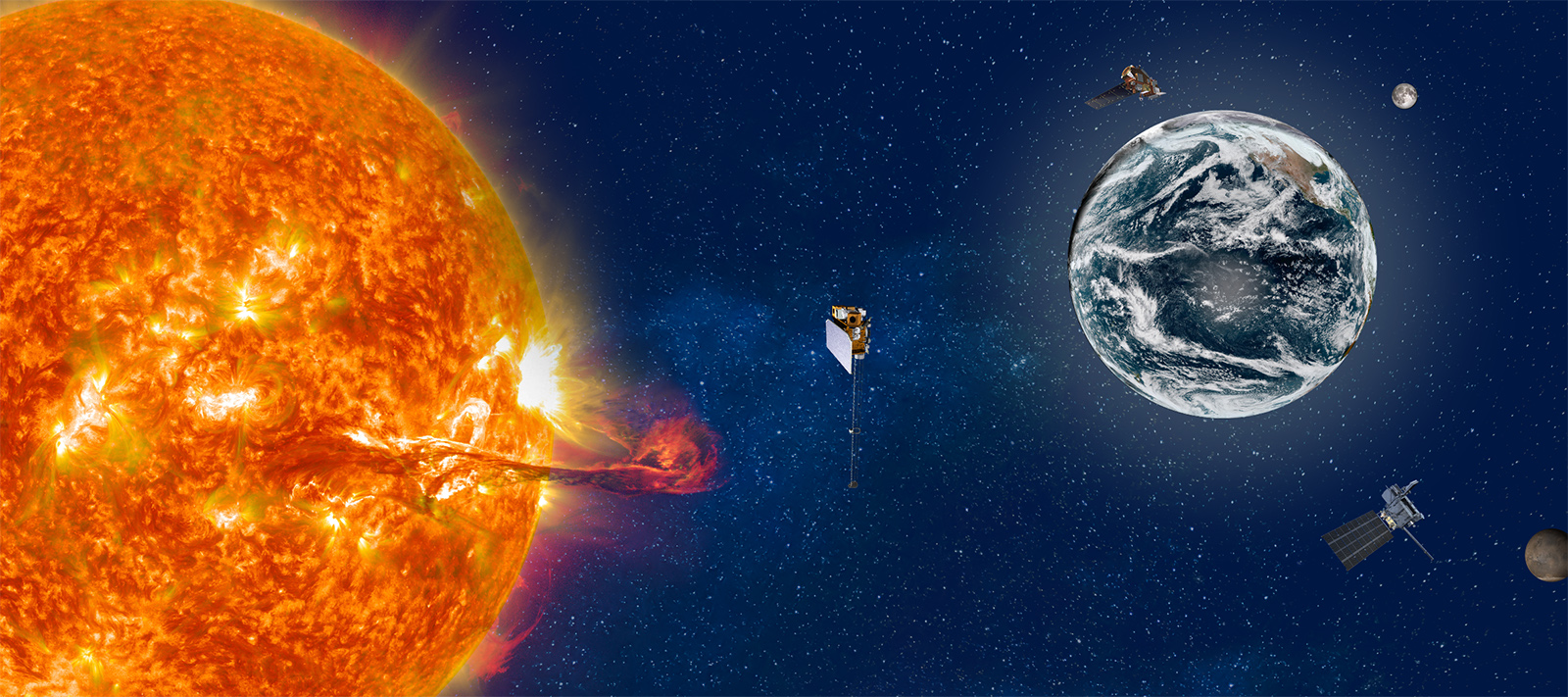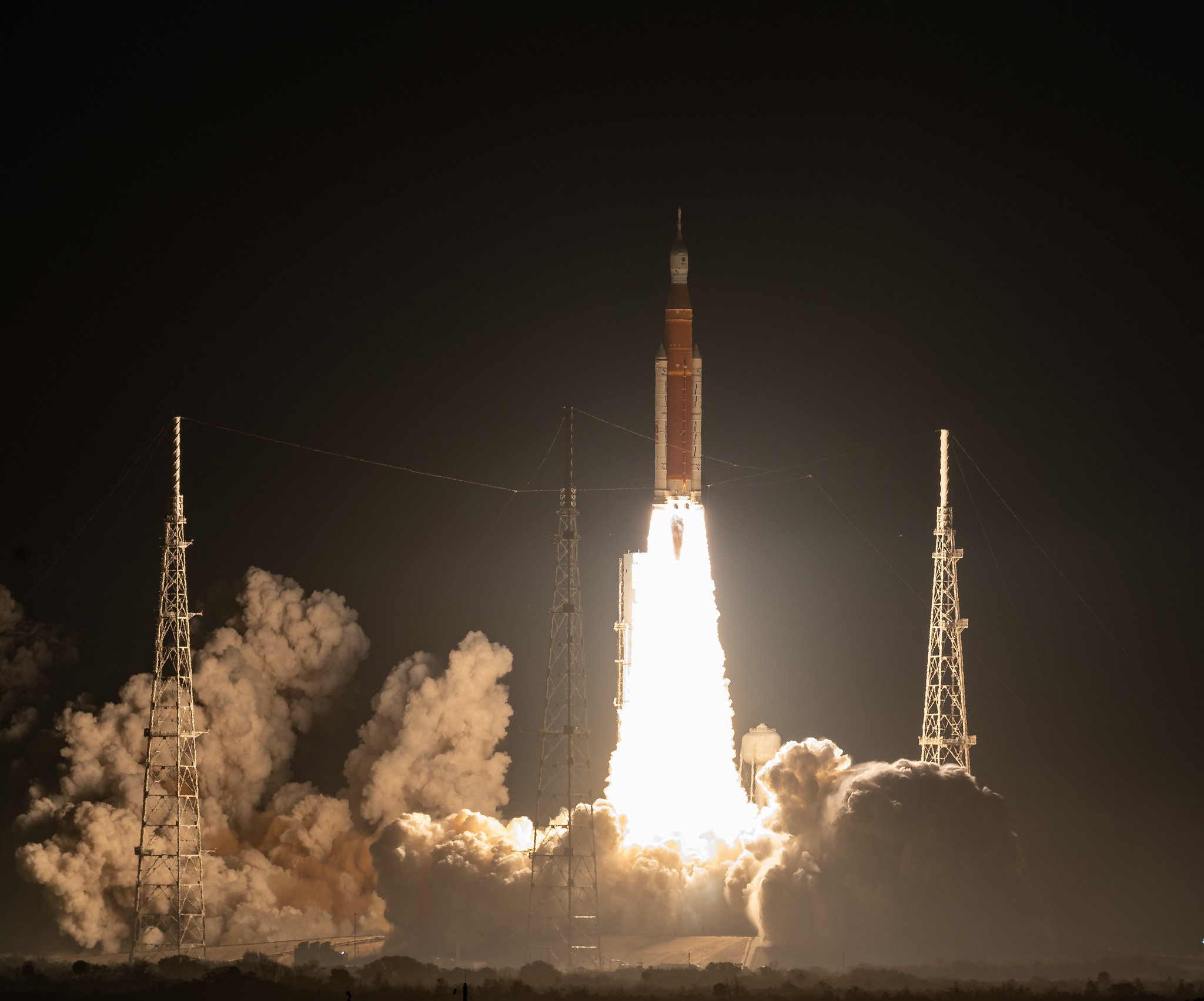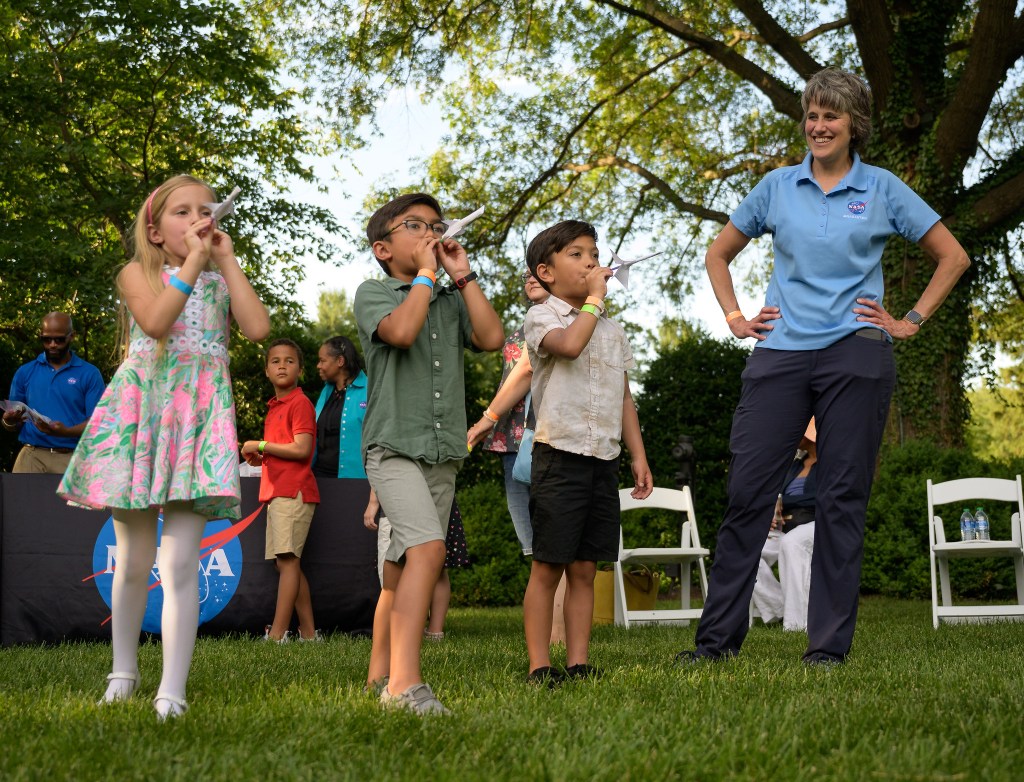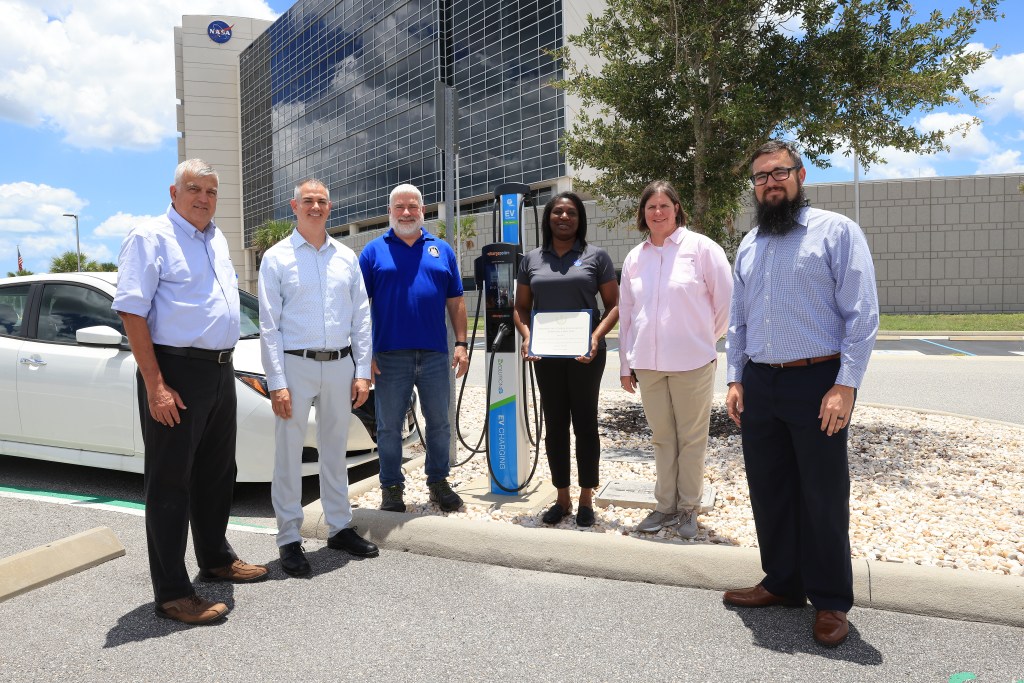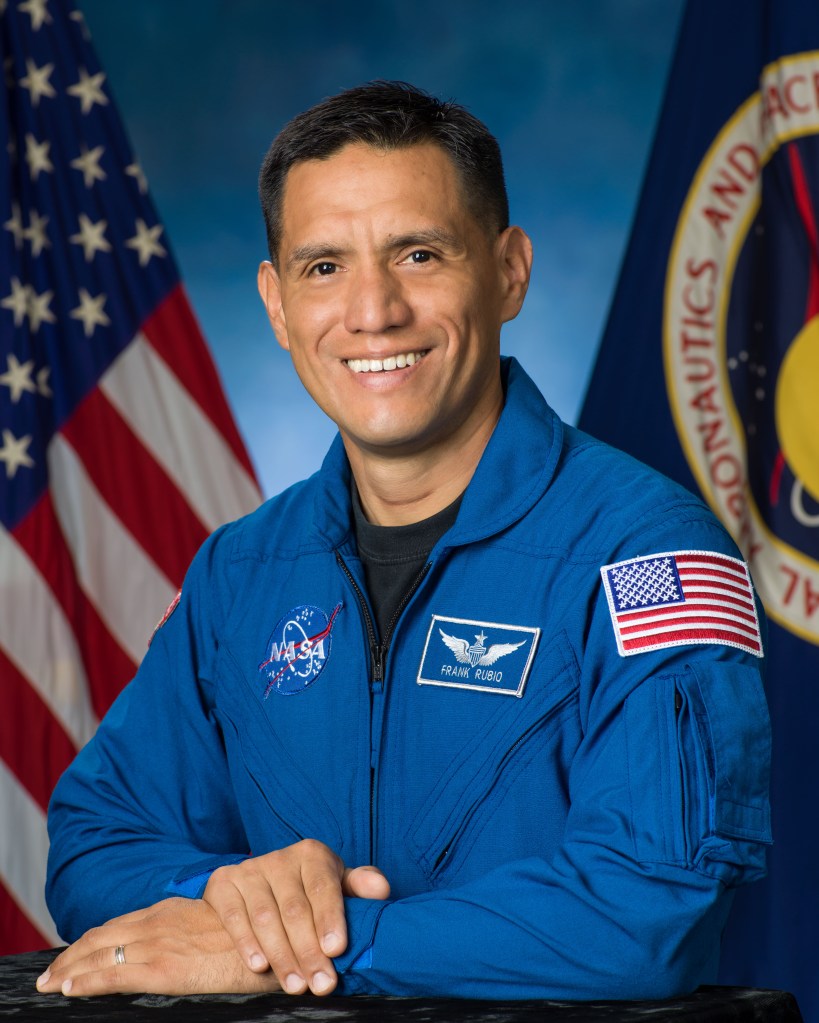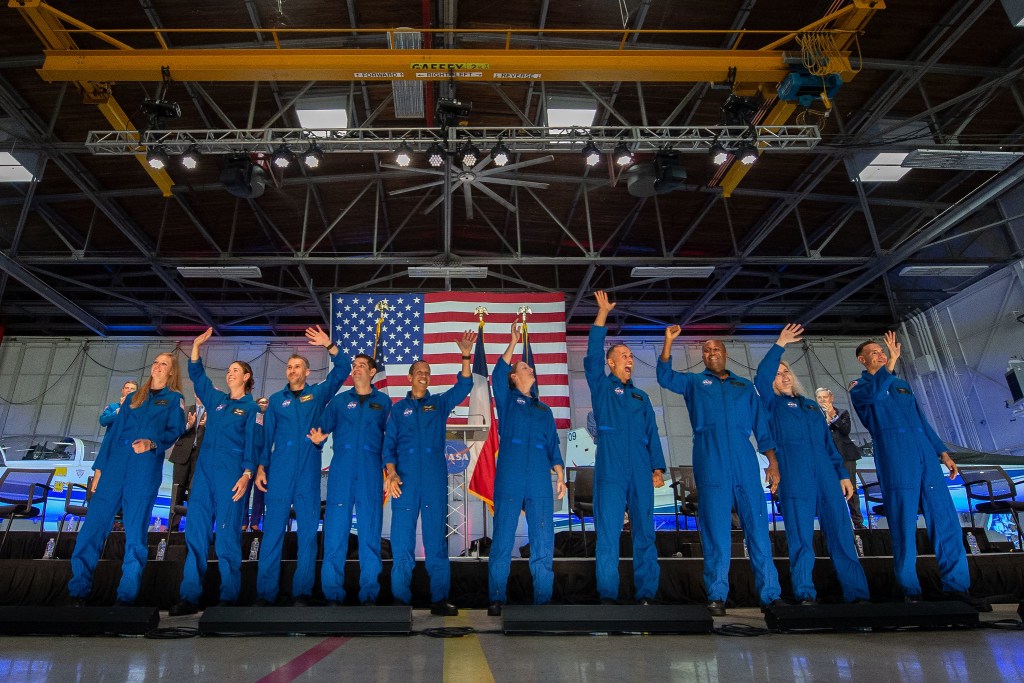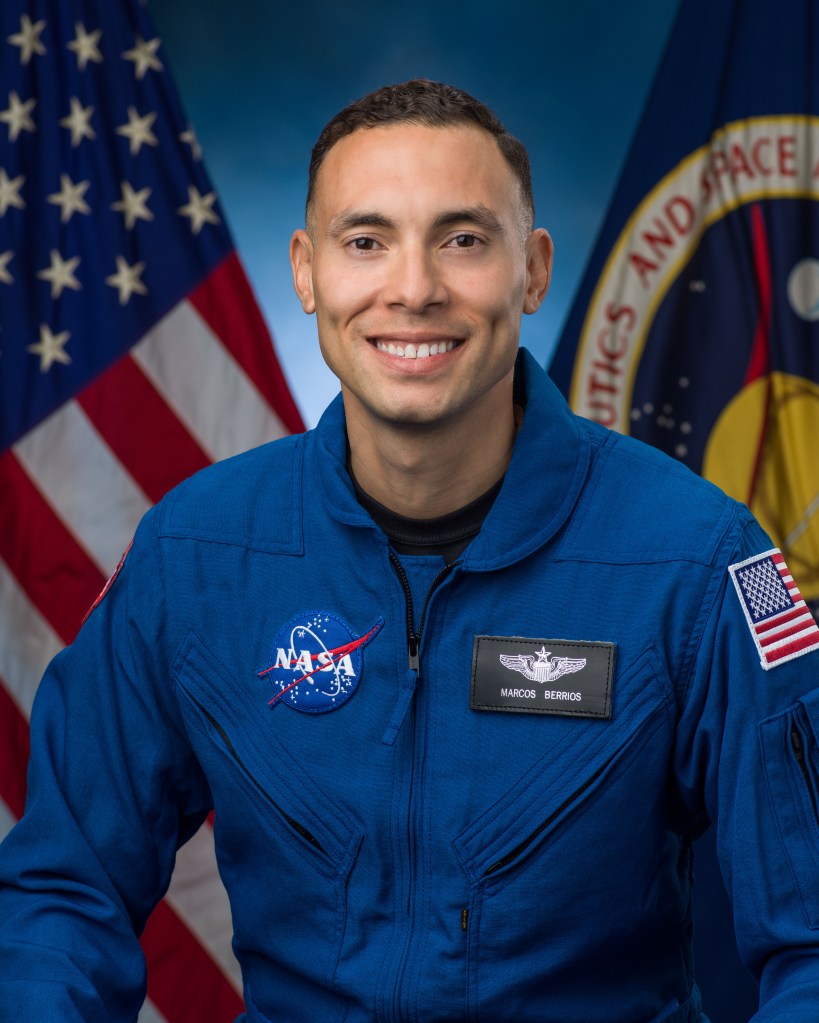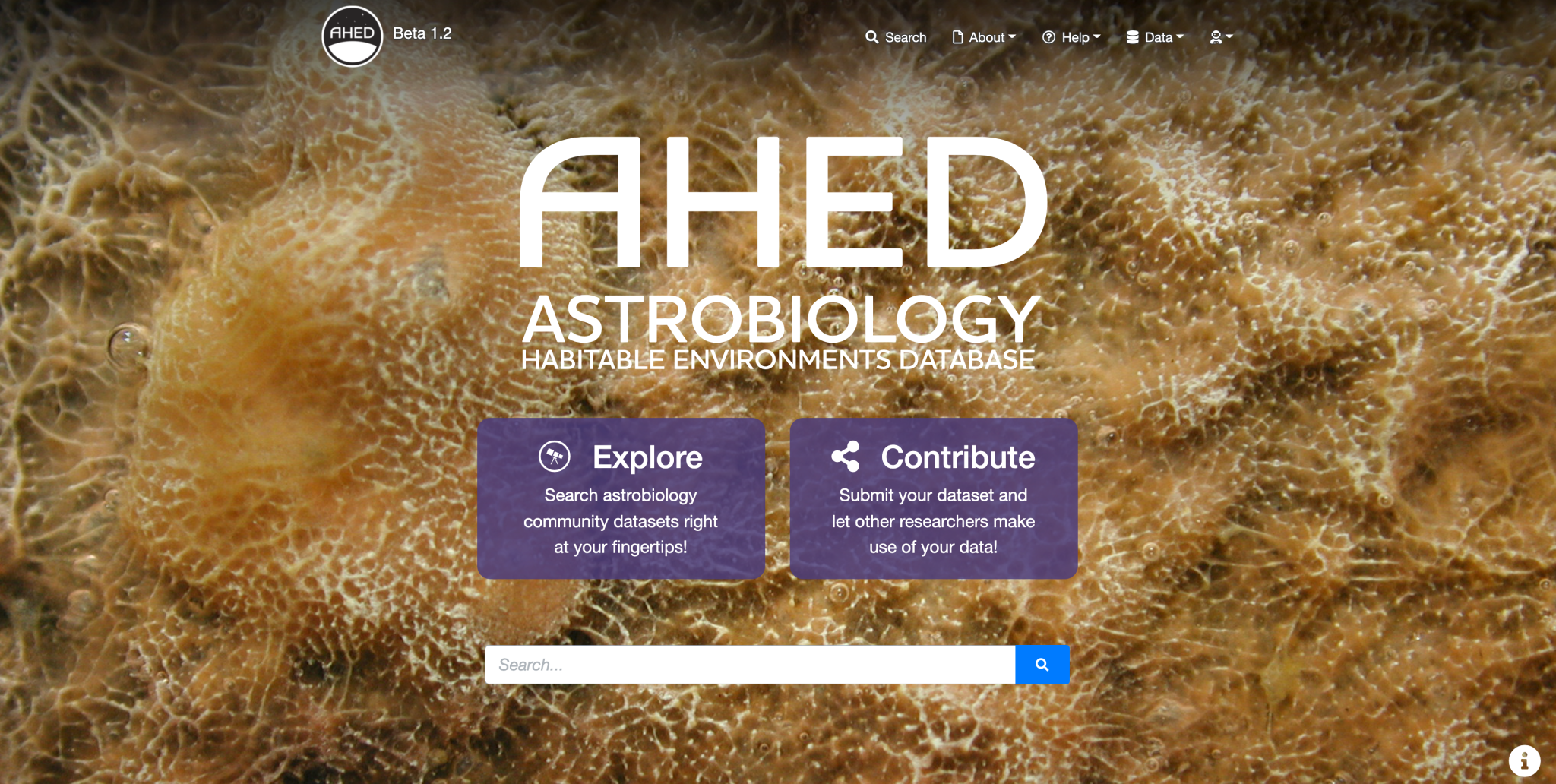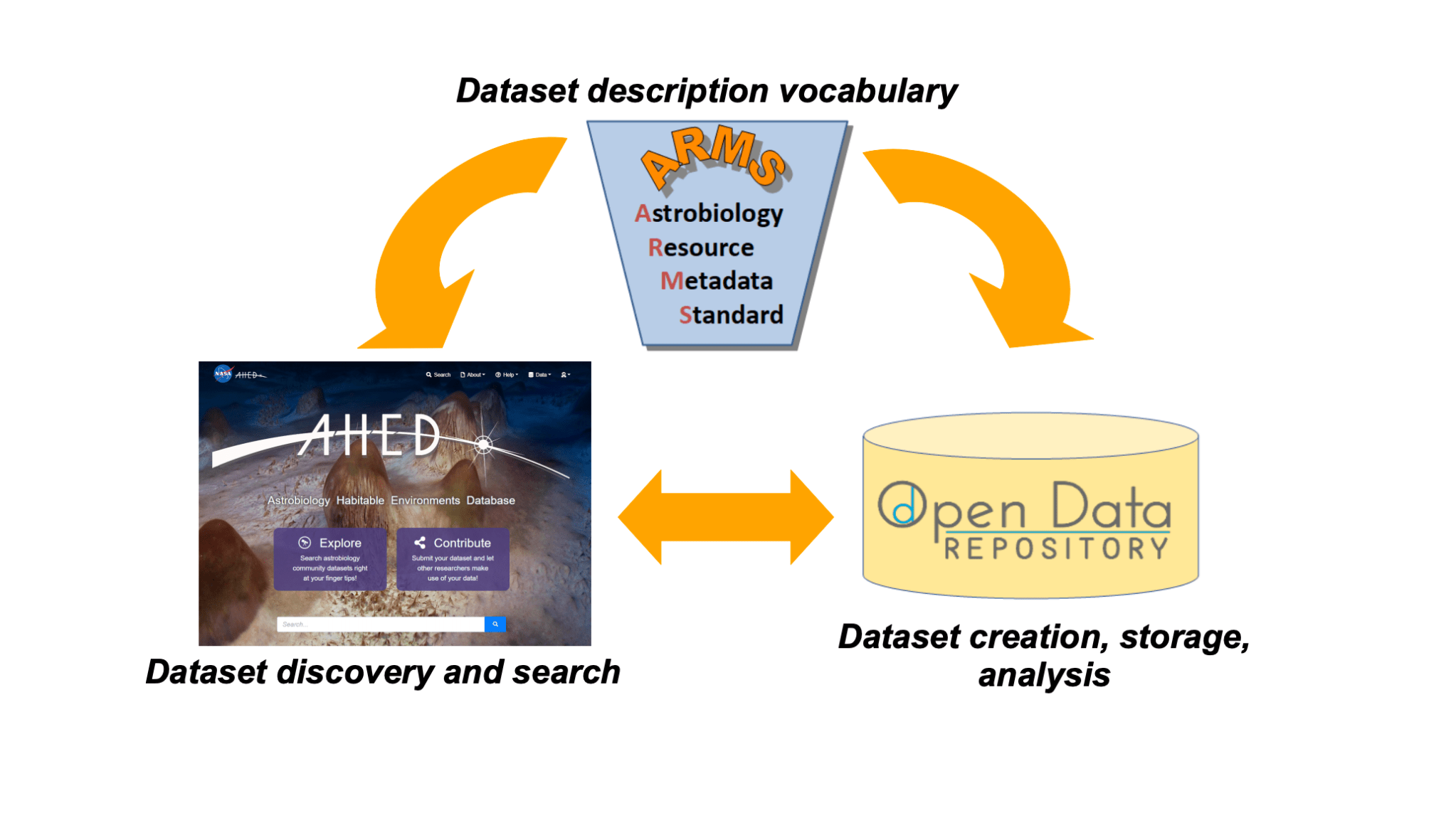The goals of AHED are:
- Serve as a centralized and open-source digital library of NASA funded research relevant to the Astrobiology Program.
- Enable proposers to fulfill mandated data management plan (DMP) archiving requirements.
- Serve as resource for the broader scientific community promoting the advancement of astrobiology through data sharing and standardization – including non-NASA funded research data.
- Provide an example of a data management strategy for other long-tail (small teams and individual PIs) research efforts in the Planetary Science.
Status & News // bullet points
- Early 2023: The AHED team will present a seminar titled “An open science framework for long-tail research data – Application example: AHED”. Two similar sessions are scheduled:
- January 15th at 11am PT
- February 1st at 2pm PT
- October 2022: AHED is now live and available at www.ahed.nasa.gov.
- March 2022: a period of community testing and feedback of AHED Beta 1.2 took place. All the materials for the webinar can be found in this AHED dataset: https://ahed.nasa.gov/datasets/ad563cce5de360ec03348431ddd2/t1f52s
If you need more information about AHED, please contact us //add AHED contact us here
AHED components
AHED is built around an astrobiology specific standardized metadata framework (called ARMS – Astrobiology Resource Metadata Standard). The AHED Portal provides a web-based home to the project allowing new and returning users to create new ARMS compliant datasets, learn more about AHED and ARMS, and search for relevant datasets using a range of search tools designed around the needs of astrobiologists. Behind the scenes, the Open Data Repository (ODR) provides a powerful and flexible platform for the publication of datasets.
Future
AHED is focused on serving the needs of the astrobiology science community but exemplifies a flexible strategy for facilitating open-science data management practices that is adaptable to other areas of long-tail research funded by NASA. ‘Long-tail’ research is performed by individual PIs and small research teams, and drives many of the advances in astrobiology, as well as being a fundamental part of realizing NASA’s scientific goals and a key input feeding into mission life cycles. The ‘long-tail’ traditionally lacks data management resources available to larger groups and missions however, and often involves the collection heterogenous datasets needed to pursue science questions, not typically suited to large-scale homogenous repositories
The ODR data publishing platform is a central part of this approach. ODR’s publisher is designed to meet the needs of long-tail researchers, with open-source software that allows rapid storage and online publication of diverse datasets with no need to write code. ODRs built in data handling flexibility combined with API accessibility set the stage for expansion of repositories to other subdisciplines. This approach allows development of discipline specific metadata to optimize search and productivity tools for long-tail research, providing an essential element in open science ecosystem.
AHED Team
The AHED project started as a NASA Science Enabling Research Activity (SERA) based at Ames Research Center. Members of the Space Science and Astrobiology, and the Intelligence Systems Divisions at Ames work with developers and scientists affiliated with the SETI Institute and the University of Arizona.
Team: Thomas Bristow (ARC), Barbara Lafuente (SETI Institute), Niki Parenteau (ARC), Shawn Wolfe (ARC), Chris Dateo (ARC), Rich Keller (alumni), Angela Detweiler (alumni), Nate Stone (Open Data Repository), Kevin Boydstun (ARC), Sara Rojo (alumni), Alex Pires (University of Arizona), and Mark Vorobets (ARC).
Contributors: Linda Jahnke (ARC), David Blake (ARC), David Des Marais (ARC), George Cooper (ARC), Andro Rios (BMSIS), Richard Quinn (ARC), Mike Kubo (SETI Institute), Tori Hoehler (ARC), Leslie Bebout (ARC), Craig Everroad (ARC), Andrew Pohorille (ARC)
Resources
- White paper submitted to the Planetary Science and Astrobiology Decadal Survey 2023-2032. Recommendations for the implementation of SMD’s data management vision and goals with the aim of supporting NASA’s planetary science over the next decade.
- Bristow, T.F. et al. (2020) Strategy for Managing NASA’s Long Tail of Planetary Research Data Insights from the Development of the Astrobiology and Habitable Environments Database (AHED). White paper submitted to the Planetary Science and Astrobiology Decadal Survey 2023-2032. http://surveygizmoresponseuploads.s3.amazonaws.com/fileuploads/623127/5489366/58-f01767cdd5ccb5055262989bf3b320e5_BristowThomasF.pdf

